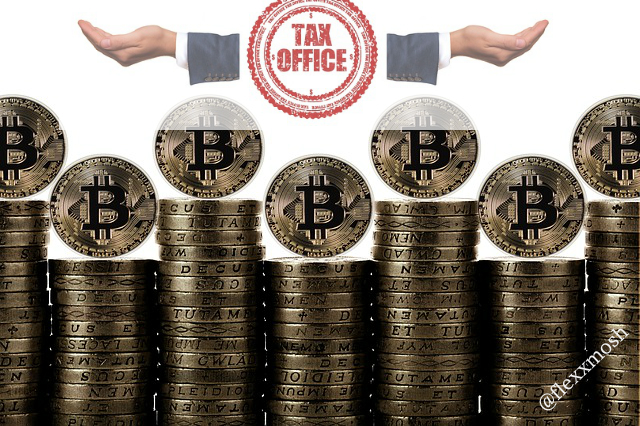According to a report by MoneyWeb, the South African Revenue Service (SARS) is currently in talks with tech companies in how they can jointly start tracking Cryptocurrencies trading. While in reality tracking blockchain transactions is very difficult, recent development has proved it is not impossible.
SARS group executive for research, Randall Carolissen said, “We are talking to some of the top technology companies in the world that (are) doing similar work for Canada and the U.K., and we are hoping to get that technology.”
Taxing earnings on Bitcoin trading in not something new, and are actually taxed under the capital gains tax. However, the biggest problem the taxman faces when it comes to taxing cryptos is the taxpayer can simply under-state or not state at all their Bitcoin earnings. Given the inherent difficulty in tracing the blockchain technology on which cryptos ride on, the taxman has very little options to prove a possible tax evasion by the taxpayer, which would be a crime.
SARS says that transactions or speculations on Bitcoin and other cryptos are indeed subject to the general principles of the South African tax laws. Simon Dingle, a blockchain expert, says that when a crypto trader exchanges his Bitcoin for the South African rand, the same tax obligations apply just like any other asset disposal.
“It may trigger a capital gains event, or could qualify as income for active traders,” said Dingle.
Ironically, SARS says it does not accept tax compliance to be paid via Bitcoin neither did it give the specifics on the tax obligation when a trader is doing the Bitcoin-rand transactions.
Strict adherence to Bitcoin trading is virtually impossible to track
The taxman finds a leeway in taxing cryptos when the trader decides to convert his/her cryptocurrency into government-backed currencies such as the rands in the case of South Africa. It makes it easy to an extent to track your Bitcoin. However, should the trader decide to use Bitcoin in all his transactions strictly, then it becomes harder to track the cryptocurrency.
The best way to do that would be to use cryptocurrency-wallet and debit card, which can then be used to purchase products and services in stores that accept fiat currencies. One such wallet is the TenX wallet and card, which has so far been tested in at least 50 countries. The TenX wallet is available on the web and as iOS, Android apps.
Armed with the TenX wallet, you can accept cryptocurrency wallets, and pay using the cryptos as well. They work just like your regular currency but without the traditional bank account. Therefore, crypto traders can continue using their Bitcoins to purchase products and services without ever worrying about the taxman catching up with them. Currently, the taxman can only trace you when you convert your crypto to normal currency, with the technology available right now.
Should there come such a time when technology to trace cryptos has evolved fast enough to trace blockchain technologies. Traders could always turn to other cryptos like the Monero which are quite problematic if you decide to trace them. That is because they anonymousness transactions.
Related: Is Cryptocurrency, the silver bullet to the chronic African Governments Corruption?



